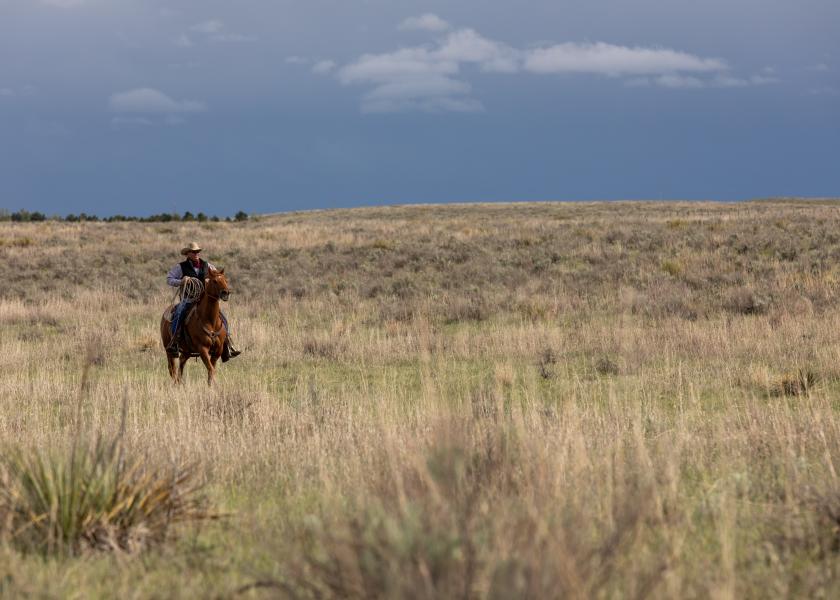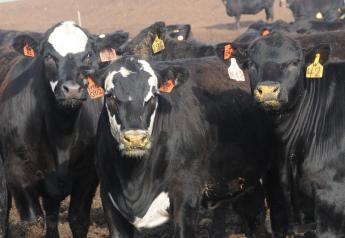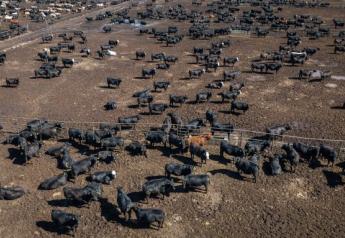Derrell Peel: Be Careful What You Ask For

The opinions expressed in this commentary are those of Derrell Peel, Oklahoma State University Cooperative Extension livestock marketing specialist.
COVID-19 has caused unparalleled and catastrophic impacts on cattle and beef markets along with every other part of the economy. Cattle and beef markets are experiencing devastating shocks and challenges resulting in price changes and market behavior that are, not only unprecedented, but also difficult to understand and confusing to many.
The anger and frustration of some cattle producers has turned to accusations and proposals for change that will have long-term implications and unintended consequences for the cattle and beef industry.
The U.S. cattle and beef industry is probably the most complex set of markets on the planet. It is extremely difficult to understand with many levels of productions and an enormously complicated marketing chain.
Cattle producers often feel – rightfully – that others do not understand the cattle business. They face many challenges and unique considerations of raising cattle in a vast array of climates and production environments; and they constantly fend off a never-ending set of calls to change how cattle are produced for this or that unrealistic demand or expectation of someone somewhere.
Currently some cattle producers are calling for one-size-fits-all restrictions on business practices or changes in industry structure based on a lack of, or an incomplete understanding of, how packing and processing businesses and markets work to process and market thousands of different beef products in a multitude of wholesale and retail beef markets.
Never before has the industry faced so many challenges that threaten the operation of multiple processing facilities simultaneously along with massive disruptions to the food service supply chain severely limiting nearly half of the total beef market. The impacts of COVID-19 on beef markets would not be different if the industry consisted of more, smaller, less efficient packing plants who were forced to purchase cattle in immediate cash markets. It might well be worse.
The current structure and business practices of the industry evolved in response to the economic forces that drive the beef industry, like every industry, to be as competitive as possible. The cost efficiencies of large-scale cattle feeding and meatpacking operations is undeniable. Some current proposals will add cost and risk to the industry and will further increase the differences between cattle and wholesale beef prices.
A less efficient, higher cost beef industry will ultimately result in higher beef prices for consumers and make beef a less competitive protein industry. Simultaneously, cattle producers will face lower cattle prices and, as the industry downsizes, more will be forced out of the industry.
Cattle producers will decide what sort of policy prescriptions they want to pursue that will affect how the beef industry functions. I am not suggesting what policies should or should not be promoted. My job is to make sure that the industry understands the implications and consequences of alternatives that are being considered.
Some of the proposals being promoted today will have unintended consequences that are negative for the entire industry. This industry consists of many diverse sectors and perspectives but in the end the entire cattle and beef industry will thrive or not as a single industry. Be careful what you ask for.
Related stories:







